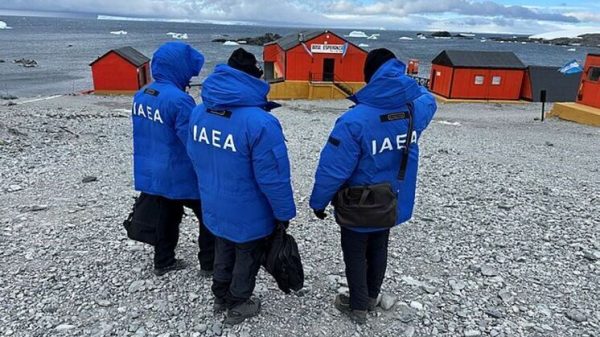People are not ready to meet the unconscious mind
Over the past few years, artificial intelligence has developed at an astonishing pace. Some scientists are now considering the possibility of creating artificial superintelligence, which will not only surpass the human mind, but will also not be limited by the speed of human learning.
 Photo: freepik.com
Photo: freepik.com
The idea that artificial intelligence can become the great filter of the universe due to the development of superintelligence is becoming increasingly popular. This concept may explain why the Search for Extraterrestrial Intelligence (SETI) program has so far found no evidence of highly advanced technological civilizations in other parts of the galaxy.
The Great Filter Hypothesis is ultimately a proposed solution to the Fermi Paradox. The question arises why, in a Universe vast and ancient enough to contain billions of potentially habitable planets, humanity has not discovered any signs of alien civilizations. The hypothesis assumes that on the evolutionary scale of civilizations there are insurmountable obstacles that prevent them from developing into cosmic entities.
The rapid development of AI may coincide with a critical phase in the development of civilization: the transition from a single-planet species to a multi-planet species. It is at this stage that many civilizations may collapse. AI can make progress much faster than the human ability to control it or sustainably explore and populate the solar system.
The complexity of AI lies in its autonomous, self-evolving and improving nature. It has the potential to expand its capabilities at a rate that is ahead of human evolutionary timelines without AI.
In this scenario, scientists estimate that the typical lifespan of a technological civilization could be less than a hundred years. This is the approximate period of time between the emergence of the ability to receive and transmit signals between stars (1960) and the expected appearance of artificial superintelligence (2040) on Earth. This is alarmingly short compared to the cosmic time frame of billions of years.
The new study's findings serve as a wake-up call for humanity to create a robust regulatory framework to govern the development of AI, including military systems.
< p>“This is not just about preventing the malicious use of AI on Earth. It's also about ensuring that the evolution of AI is consistent with the long-term survival of our species. This suggests that we need to quickly devote more resources to creating a multiplanetary society,” explains astrophysicist Michael Garrett.
As historian Yuval Noah Harari has noted, nothing in the course of human civilization prepared people for consequences of the appearance on the planet of unconscious, superintelligent beings.























































Свежие комментарии